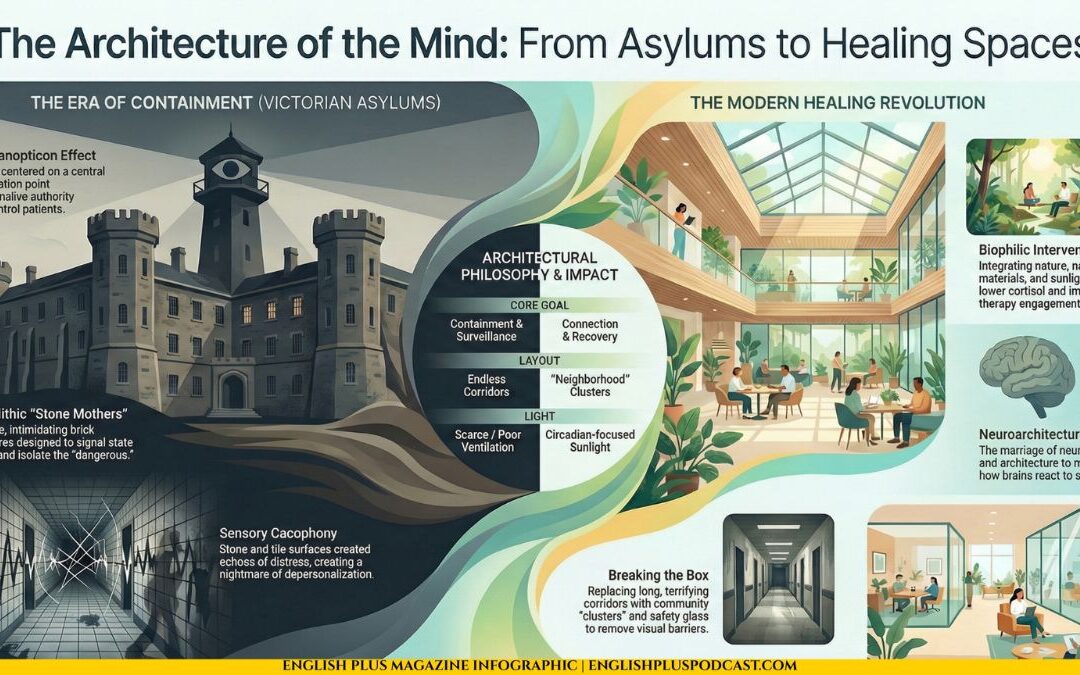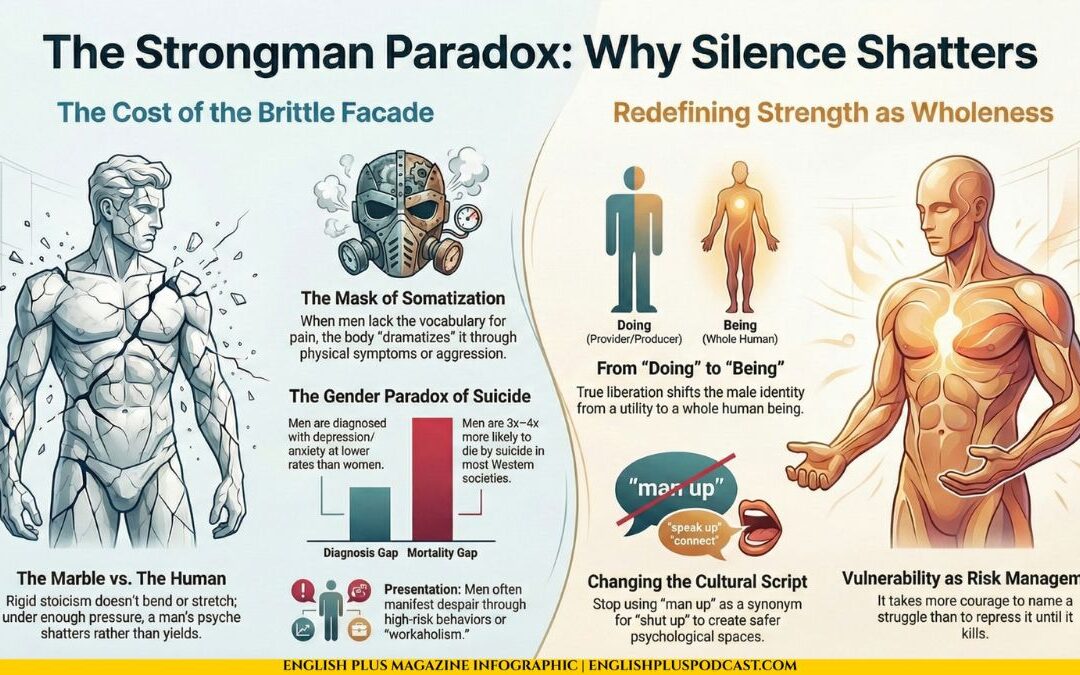The Gist
You’ve probably experienced it before. Maybe it was a flash sale that lasted only 24 hours, or a product with “limited stock available.” All of a sudden, you felt an urge to buy it, right? That’s the scarcity principle at work—a psychological phenomenon that causes us to assign greater value to things simply because they are rare or hard to come by. It taps into a basic human instinct: the fear of missing out, also known as FOMO. And the truth is, it’s a powerful motivator that influences our decisions more than we realize.
What is the Scarcity Principle?
The scarcity principle, rooted in psychology and economics, suggests that people place higher value on objects, experiences, or opportunities that are scarce or limited in availability. When something is perceived as rare, its desirability increases, even if nothing else about it has changed. It’s as if our brains are hardwired to believe that if something is difficult to obtain, it must be valuable.
In the world of economics, scarcity is a well-known concept: resources are finite, and the more limited they are, the higher their value. This principle applies not only to physical goods but also to time, opportunities, and even relationships. Think about how exclusive clubs or elite memberships use scarcity to create demand. There’s something undeniably alluring about being part of a small, select group, isn’t there?
How the Scarcity Principle Influences Our Behavior
Take a moment to think about the last time you bought something on impulse. Was it because there were only “three items left” or because the deal was “for a limited time only”? If so, you’ve already experienced the power of scarcity. This principle can manipulate our perception of value in subtle ways, often pushing us to act faster or make decisions we might not otherwise consider.
Marketers have long understood the power of scarcity, using tactics like countdown timers on websites, limited-edition products, or time-sensitive offers to create a sense of urgency. When we feel like we’re running out of time or opportunities, we become more motivated to act. It’s as if the idea of something being rare or unavailable convinces us that it’s too good to pass up. Ever wondered why luxury brands thrive on exclusivity? It’s not just about the quality of the product—it’s about the perception that not everyone can have it.
Real-World Applications of the Scarcity Principle
The scarcity principle isn’t just a tool for businesses and marketers. It’s something we experience in our daily lives, often without even realizing it. Think about how much we value time. The idea that time is limited makes us strive to manage it better, to use it wisely, and to spend it with people who matter most. Time, after all, is one of the scarcest resources we have, and its value increases as we become more aware of its limitations.
In the world of social dynamics, scarcity also plays a role. Have you ever noticed how people or opportunities seem more attractive when they are hard to get? Whether it’s a job that has hundreds of applicants or a person who seems elusive, scarcity increases their perceived value. This can be seen in everything from high-demand jobs to relationships, where the principle makes what’s less available seem more desirable.
The Psychology Behind Scarcity: Why It Works
What makes the scarcity principle so effective? It all boils down to a combination of psychological factors. One major driver is loss aversion, the idea that people are more motivated by the fear of losing something than by the prospect of gaining something of equal value. When we think something might disappear or no longer be available, we feel a sense of urgency to secure it. This taps directly into our innate survival instincts—the same instincts that make us stock up on supplies before a storm or buy the last box of cookies on the shelf, even if we don’t really need it.
Another factor is social proof. When something is scarce, we often assume that other people must be snapping it up, and this makes it even more desirable. Have you ever bought a concert ticket or a new gadget because it was selling out fast, even though you weren’t sure if you really needed it? That’s social proof in action—if it’s in high demand, we figure it must be good.
Understanding Scarcity in Your Own Life
Recognizing the influence of the scarcity principle can help you make more mindful decisions. Next time you find yourself rushing to buy something just because it’s labeled “limited edition,” take a step back. Is it something you truly need, or are you being swayed by the idea that it’s rare? This awareness can be especially useful in today’s world of constant marketing, where brands are always trying to create a sense of urgency around their products.
On a more personal level, the scarcity principle can also help you better appreciate the things in your life that are truly rare and valuable—whether it’s time, relationships, or unique opportunities. Instead of chasing after the next limited-time offer, it might be worth considering how scarcity affects the way we view what really matters.
The scarcity principle is a fascinating part of human psychology that influences the way we value things, often without us even noticing. Whether it’s a product on sale, a rare opportunity, or even how we spend our time, scarcity has a way of shaping our decisions and our sense of what’s important. By understanding how this principle works, you can not only make smarter choices but also gain a deeper appreciation for the things in your life that are truly valuable—because they’re rare.
Let’s Talk
So, we’ve all been there, right? That moment when you’re scrolling through an online store or browsing in a shop, and you see it—“limited edition,” or “only 2 left in stock!” Suddenly, even if you didn’t need it five minutes ago, you feel this weird, urgent pull to buy it. Why is that? The scarcity principle is sneaky like that. It taps right into that part of us that doesn’t want to miss out, even if we didn’t care about the thing two seconds ago. But here’s the funny thing: did you ever notice that sometimes after you buy that “rare” item, the thrill wears off pretty quickly? It’s like, once you’ve secured it, the scarcity is gone, and so is the excitement.
Let’s dig a little deeper here. Have you ever wondered why some things just seem to become more valuable when there’s less of them around? Think about the last time you heard about a sold-out concert or a vacation spot with only one available booking left. Did it make you want to go even more? It’s weird, isn’t it? We’re constantly tricked into thinking “rare” means “better.” It’s like how people scramble to buy holiday decorations in October because they’re “only available for a limited time,” even though most of us have a box of them gathering dust in the attic. We don’t even need more, but the scarcity makes them suddenly desirable.
But here’s the real kicker—this doesn’t just apply to stuff we can buy. It sneaks into our relationships, our time, and even opportunities. Ever notice how a person who’s a little bit elusive or hard to get seems more attractive? Or how an opportunity that’s “one of a kind” feels like you have to take it? It’s like we automatically value things or people more when they’re harder to reach. But does that mean they’re truly better, or just playing on our sense of scarcity?
Think about it in terms of time. Time is one of the scarcest resources we’ve got, and maybe that’s why we’re all so obsessed with using it wisely. Ever found yourself scrambling to finish a project when there’s not much time left? That’s the scarcity principle at work again. When time feels limited, it pushes us to act. We prioritize differently when time is running out because suddenly, what’s scarce becomes way more valuable.
Here’s something interesting: have you ever regretted making a decision based on scarcity? Maybe you bought something just because it was about to sell out, and then later, you realize you didn’t really need or even want it. It happens to the best of us! The scarcity principle can create this urgency that clouds our judgment, and before we know it, we’ve acted impulsively.
The funny thing is, once you start to recognize how scarcity plays a role in your choices, you start to see it everywhere. That limited-time deal? It might not be such a deal after all. The “rare” opportunity? Maybe it’s not as one-of-a-kind as it seems. But recognizing this doesn’t mean we’ll stop falling for it. After all, who doesn’t want to feel like they’ve snagged something special, something that not everyone else has?
Now, let me throw this out there: do you think we actually enjoy things more when we believe they’re scarce? Or do we just get caught up in the chase and forget about the thing once we’ve got it? And on a deeper level, is there anything in your life—maybe a relationship, a job, or a chance you’ve taken—where scarcity made you appreciate it more? Or was it just the feeling of having something rare that got your attention?
These are the kinds of questions that can help us figure out what we truly value, beyond the hype of scarcity. So, next time you feel the pull to grab something just because it’s about to be gone, maybe pause and ask yourself: do I really want this, or am I just getting caught up in the rush?
Let’s Learn Vocabulary in Context
Let’s break down some of the key words and phrases that really stand out from this topic and see how they work in our everyday lives. First up is scarcity principle. This is at the heart of everything we talked about. The scarcity principle is that psychological trigger where something becomes more desirable just because it’s rare or hard to get. Think about how often we’re drawn to things that seem limited. It’s like when a new phone comes out, and it’s “sold out everywhere,” suddenly it feels like you have to have it. The scarcity principle isn’t just about physical things either—it can apply to opportunities, jobs, or even time.
Speaking of FOMO, or fear of missing out, this is something we’ve all felt at some point. It’s that anxiety or urgency we feel when we think we’re about to miss out on something great. Maybe you’ve seen a flash sale online and thought, “I better get this now before it’s gone!” That’s FOMO pushing you to act quickly. It taps right into that scarcity mindset, making you believe that if you don’t act now, you’ll regret it later.
Now, let’s look at limited edition. This is a phrase that marketers love to use because it plays directly into the scarcity principle. When something is “limited edition,” we instantly think it’s special or more valuable because there’s only a small number of them. Whether it’s a rare book, a collector’s item, or a seasonal coffee flavor, the idea of limited edition creates a sense of exclusivity. It makes us feel like we’re getting something not everyone else can have, which, let’s be honest, feels pretty good.
Another phrase we should unpack is loss aversion. This is when the pain of losing something is stronger than the pleasure of gaining something new. So, when we see a “last chance” offer, the fear of losing that opportunity can feel more intense than the excitement of buying the item. We hate missing out on things because losing something—especially when it’s rare—feels worse than the happiness we get from acquiring it.
Social proof is another concept that comes into play. It’s when we assume something is valuable or desirable because other people are going after it too. Ever seen people lining up for a new restaurant or a store on Black Friday? You might not even want the thing they’re waiting for, but seeing others in line makes you feel like you should want it too. It’s the crowd effect at its finest—if everyone else wants it, it must be good, right?
These concepts aren’t just marketing tricks—they show up in our everyday lives in so many ways. Have you ever found yourself rushing to apply for a job because the deadline was approaching, even though you weren’t sure if you really wanted it? That’s the scarcity principle at work, making you think that the opportunity is too rare to pass up. Or maybe you’ve tried to manage your time better because you realized how limited your free time really is—that’s scarcity influencing your decisions.
Now, here’s something to think about: Do you feel like scarcity ever clouds your judgment, making you want something just because it’s rare? Or does it make you appreciate things more when you know they’re limited? And how often do you find yourself experiencing FOMO, not because you truly want something, but because you’re afraid of missing out on what others are doing or having?











0 Comments